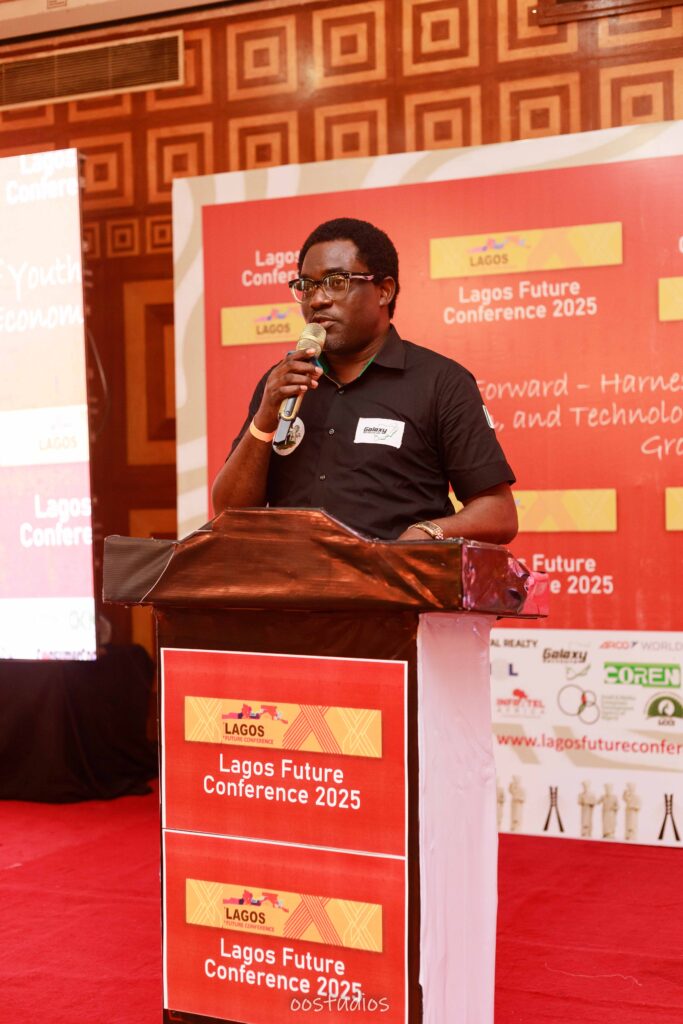
To curb the ‘japa syndrome’ bedeviling many sectors in Nigeria, the government must deliberately prioritize connecting the underserved areas to bolster the morale of young people, especially in the rural areas, says Dr. Tola Yusuf, co-founder of Infratel Africa.
Speaking at the Lagos Future Conference 2025, he bemoaned the slow-paced efforts towards inclusive investments in Nigeria’s digital ecosystem that address the need of underserved clusters.
He stressed that while it’s understandable that telecom operators would prioritize areas with high returns on investment (ROI), rural communities must be neglected.
According to him, expanding connectivity into underserved regions requires not just capital, but intentional, enabling policies that make such investments viable.
“To truly reach the underserved, we need deliberate investment strategies supported by bold policy frameworks,” Dr. Yusuf emphasized.
“I am representing the rural; 23% of Nigeria [access gap] that are totally unconnected. I was privileged to work on an initiative by the government, recently, whereby we did an access gap analysis with the Universal Service Provision Fund and findings show about 23 million people are still unconnected in Nigeria.
“What is the population of Rwanda? I will give an idea: the population of Zambia is about 19.5 million. Zimbabwe’s population is around 16 million. So when you look at the population of 23 million totally excluded from connectivity, they are not privileged to use phone and notebooks that happen in the digital world”.
“With regards to the digital revolution today, there can’t be any other time to discuss the impact and how we can integrate into the main world than now. Nigeria has all the potential. But the mass migration of young people is affecting a lot of us.
“There is no entrepreneur that has not been impacted negatively by virtue of japa. Human being will find a way to navigate to where life gives you the best, and I think Nigeria should expand its frontiers to keep the young talents, especially in a sector that contributes almost 18.6 % of the GDP”, he said.
He also urged young people to find solutions to the realities [challenges] of Nigerians, by acclimatizing themselves with the environment.
Read Also: Nigeria’s Digital Future Relies on Resilient Financial Infrastructure – Dr. Yele Okeremi



